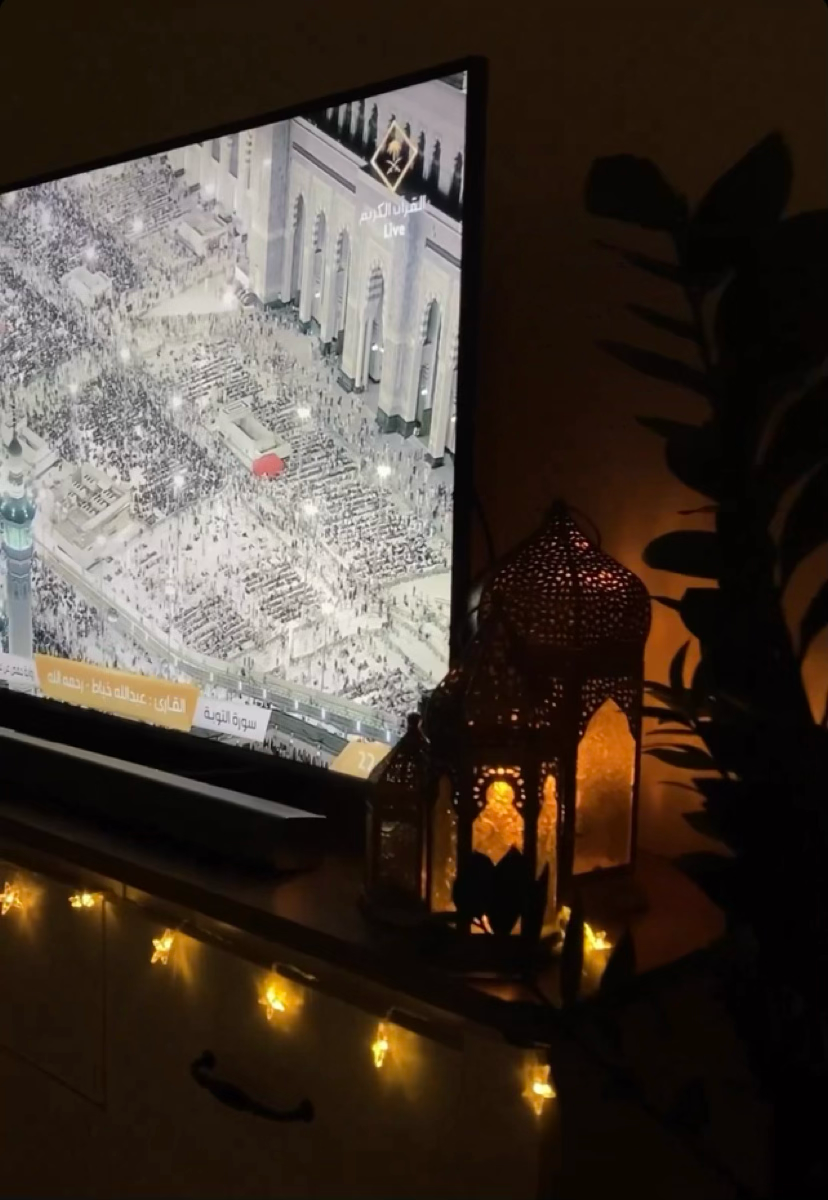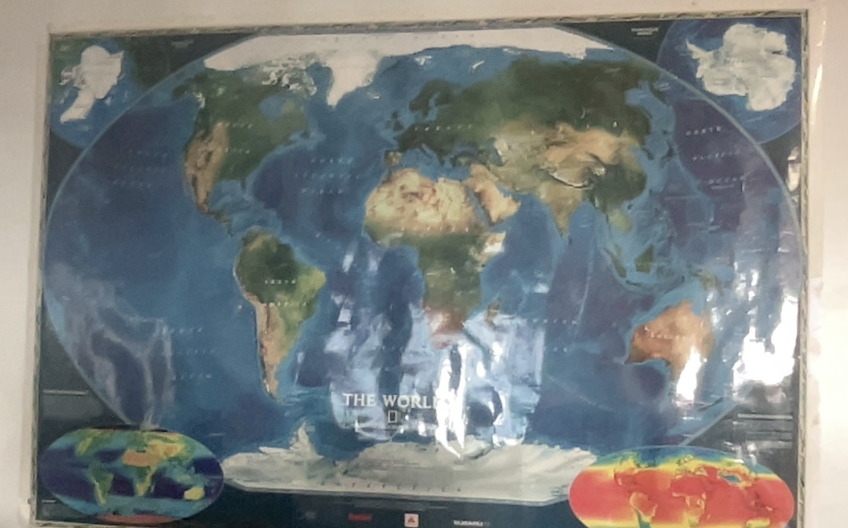At the end of the 8th month of each Hijri year, Muslims around the world are in the watch for the crescent moon of the 9th month. Seeing this crescent moon marks the beginning of the holy month of Ramadhan. The month that Allah has decreed upon all Muslims to fast, and the month where the holy Quran was revealed to the prophet Mohammed peace be upon him. Upon the rise of the holy month crescent moon, millions of Muslims around the world prepare to embark on a journey of spiritual renewal and personal growth.
Fasting and Beyond
The fast of Ramadhan is one of the Five Pillars of Islam. It is a foundational act that shapes a Muslim’s life and spiritual practice. In its simplest forms, fasting is the action where nothing gets into an individual’s digestive system from dawn till sunset. However, it goes beyond that. When a Muslim fast, they refrain and distance themselves from all that could be sinful. In other words, it is the strongest self-discipline practice.
By fasting, Muslim remember those who are less fortunate in this life. They feel hunger and weakness, which is a reminder of those around the world who cannot find enough to eat or live a decent life.
Time for Prayer and Reflection
Throughout the year, people are usually busy with life and providing for their families. However, the holy month of Ramadhan comes as a break, a time reckoned with Allah. Muslims typically pray five times a day, but, during Ramadhan, they pray extra prayers. The nights come alive with the sound of the Tarawih and Qiyam prayers. These are special nightly prayers where long portions of the Quran are recited.
Reading the Quran is another practice that Muslims do more of during the month of Ramadhan. This is mainly due the fact that the holy Quran was revealed to the prophet Mohammed peace be upon him during this month. Some will have a special hour in the afternoon where they free themselves from the busy life and concentrate on reading the Quran and praying.
Community and Family Bond
Ramadhan is also a time for family and community. Muslims strive to have an Iftar meal with their families and friends. This is the meal that marks the breaking of the day fast. Many Muslims will also gather in large groups to have Iftar together. If you ever visited a Muslim country during Ramadhan, the one thing that you will clearly notice is that the streets will be empty, and all shops will be closed during Iftar time. It is a time that brings everyone together. Every Muslim will do everything in their power to be with their family, friends, or the community for the Iftar meal.
The nights of Ramadhan are also the time for people to visit each other, chat and have great times. Ramadhan is the time where Muslims communities come together and reconnect.
Reflection and Charity
Another essential aspect of Ramadhan is Zakat, another Pillar of Islam. Before the end of Ramdhan, in the last two days specifically, Muslims are mandated to give 2.5 KG of food per person to the poor. This is to help those in need to celebrate Eid, the day that marks the end of Ramdhan.
Charity is another key component in Ramadhan. Muslims would donate much more during this month compared to any other month. It is the feeling of hunger and weakness as well as the reconnection with Allah through the Quran and prayer that motivate Muslims to remember those in need.
Looking forward
The end of Ramadhan is marked by Eid Al-fitr. It is a festival where Muslims celebrate their achievement of completing the month. This day starts with a special prayer to glorify Allah for what He has blessed them with guidance and enabled them to perform what Allah has decreed upon them of fasting, and to thank Him for that by worshiping Him. After that, celebrations begin, and people greet and congratulate each other. This day is also a time for Muslims to reflect on the month and the spiritual growth achieved. Everyone is hopeful to carry them forward into the rest of the year.







